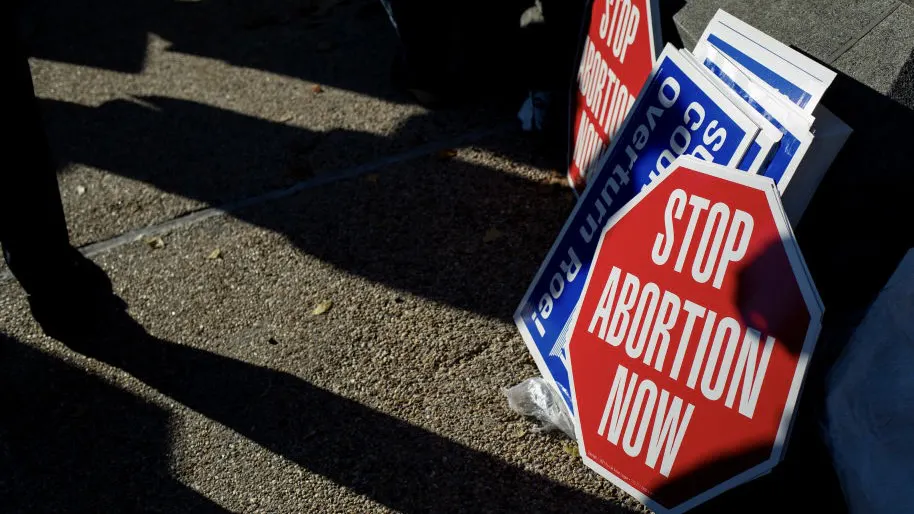On Wednesday, Idaho Governor Brad Little (R) signed a pro-life bill but voiced some issues he has with certain aspects of it.
As The Daily Wire reported after the Idaho House of Representatives passed the legislation with a 51-14 vote earlier this month, it “is styled after a recently enacted Texas law that also allows family members to sue doctors who perform an abortion after six weeks.”
Senate Bill 1309, known as the “Fetal Heartbeat, Preborn Child Protection Act,” is similar to the Texas law, prohibiting abortion once a fetal heartbeat has been detected.
The bill makes exceptions for abortions in the case of a medical emergency, rape, or incest, whereas the Texas law does not make exceptions for rape or incest, The Daily Wire highlighted.
The Texas law allows private citizens to sue anyone who performs an abortion, or anyone who aids or abets an abortion in violation of the law, but the Idaho law limits the people allowed to sue to family members only. The mother, father, grandparent, sibling, or aunt or uncle of the unborn child could sue for a minimum of $20,000.
It also only allows the “medical professionals who knowingly or recklessly attempted, performed, or induced the abortion” in violation of the law to be sued. It doesn’t allow a father to sue if the pregnancy was a result of rape or incest.
Governor Little signed the bill, but voiced some concerns.
“I stand in solidarity with all Idahoans who seek to protect the lives of preborn babies. That is why I signed into law last year the Fetal Heartbeat Preborn Child Protection Act, the very act this legislation now seeks to amend,” Little reportedly wrote in a letter to Lieutenant Governor Janice McGeachin, who is president of the state Senate.
“While I support the pro-life policy in this legislation, I fear the novel civil enforcement mechanism will in short order be proven both unconstitutional and unwise. Deputizing private citizens to levy hefty monetary fines on the exercise of a disfavored but judicially recognized constitutional right for the purpose of evading court review undermines our constitutional form of government and weakens our collective liberties,” Little said.
“None of the rights we treasure are off limits. How long before California, New York, and other states hostile to the First and Second Amendments use the same method to target our religious freedoms and right to bear arms?” he added.
He also pointed out that while he has asked the Supreme Court to overturn Roe v. Wade and Planned Parenthood v. Casey, and believes those decisions “were incorrectly decided and that federalism mandates the regulation of abortion be returned to the states,” they are still the “law of the land and inseparable from the very Constitution I swore an oath to uphold.”
“I appreciate the exception provided for victims of rape and incest,” he wrote, adding, “but the challenges and delays inherent in obtaining the requisite police report render the exception meaningless for many.”
“I am particularly concerned for those vulnerable women and children who lack the capacity or familial support to report incest and sexual assault,” Little wrote. “Ultimately, this legislation risks re-traumatizing victims by affording monetary incentives to wrongdoers and family members of rapists.”
“I remain committed to protecting the lives of preborn babies and strongly encourage the legislature to promptly rectify any unintended consequences with this legislation to ensure the state sufficiently protects the interests of victims of sexual assault,” he concluded.
The law is expected to go into effect 30 days after the governor’s signature.
The Texas law has also inspired other pro-life bills around the country.
On Tuesday, Oklahoma’s House of Representatives passed a bill that “would outlaw doctors in the state from performing any abortions unless the life of the mother is at risk. Private citizens could also sue doctors or others in the state in violation of the law for up to $10,000,” per The Daily Wire. Tennessee also recently introduced a similar law.

.png)
.png)

